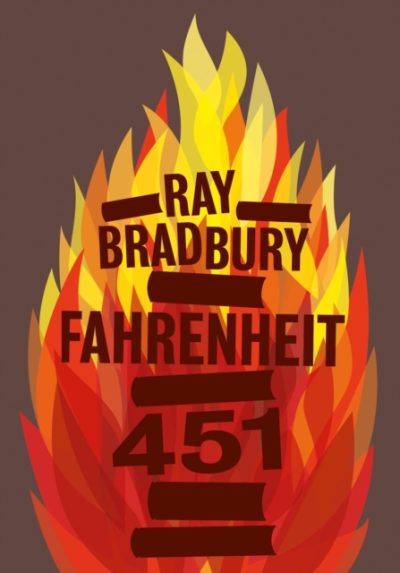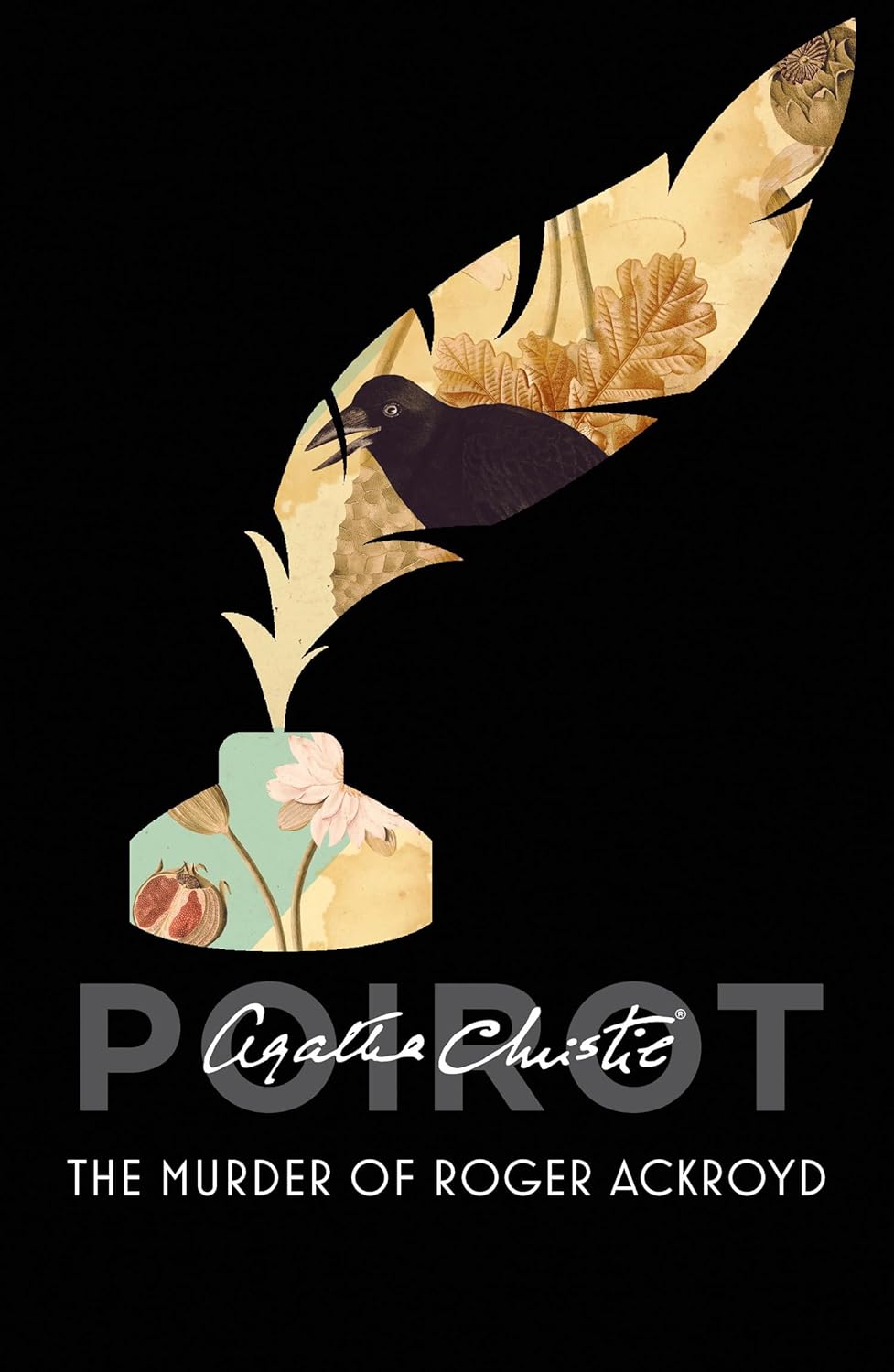-
(0 reviews)
Murder on the Orient Express
1,500 LJust after midnight, the famous Orient Express is stopped in its tracks by a snowdrift. By morning, the millionaire Simon Ratchett lies dead in his compartment, stabbed a dozen times, his door locked from the inside. One of his fellow passengers must be the murderer.
Isolated by the storm and with a killer in their midst, detective Hercule Poirot must find the killer amongst a dozen of dead man’s enemies, before the murderer decides to strike again. . .
-
(0 reviews)
Fahrenheit 451
1,500 LThe short novel presents a future American society in which the masses are hedonistic and critical thought through reading is outlawed. The central character, Guy Montag, is employed as a “fireman” (which, in this future, means “bookburner”). The number “451” refers to the temperature at which book paper combusts.
-
(0 reviews)
Poirot The Murder Of Roger Ackroyd
1,650 LThe Murder of Roger Ackroyd’, with its legendary twist, changed the detective fiction genre for ever.
Sign in






